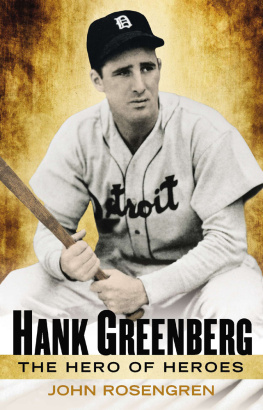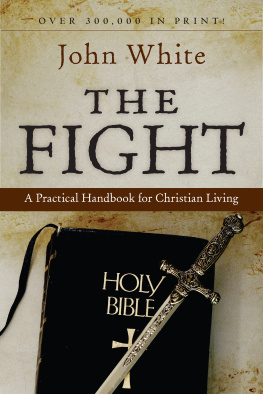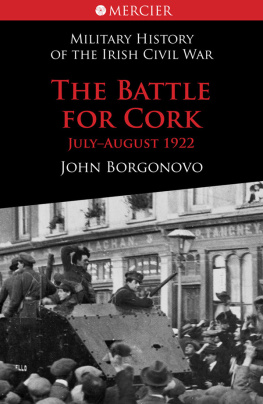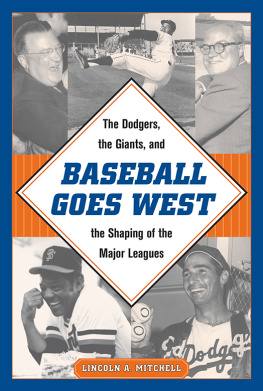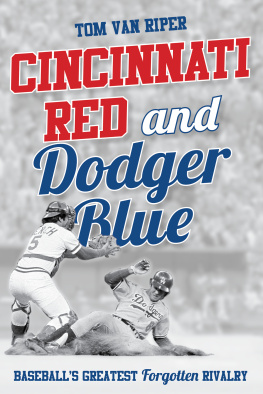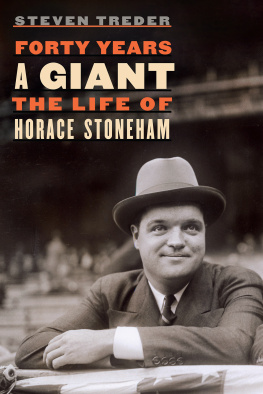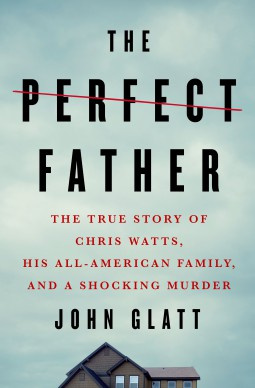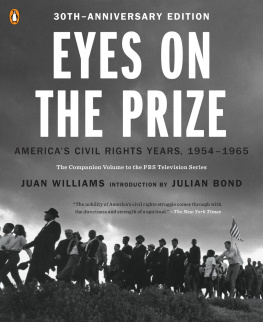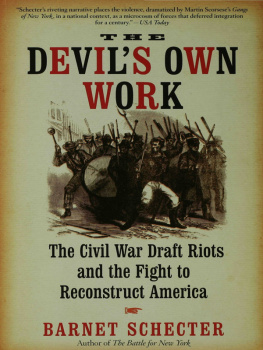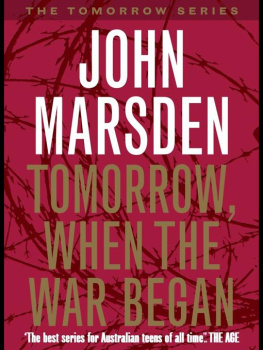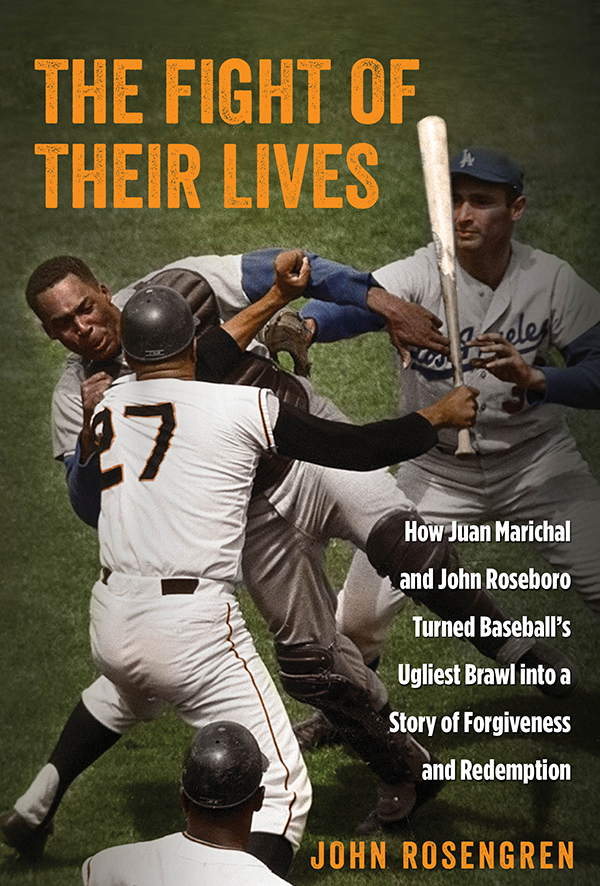T HE F IGHT OF T HEIR L IVES
A LSO BY J OHN R OSENGREN
Hank Greenberg: The Hero of Heroes
Hammerin Hank, George Almighty and the Say Hey Kid:
The Year that Changed Baseball Forever
Alone in the Trenches: My Life as a Gay Man in the NFL
by Esera Tuaolo with John Rosengren
Blades of Glory: The True Story of a Young Team Bred to Win
T HE F IGHT OF T HEIR L IVES
How Juan Marichal and John Roseboro Turned Baseballs Ugliest Brawl into a Story of Forgiveness and Redemption
J OHN R OSENGREN
LYONS PRESS
Guilford, Connecticut
An imprint of Globe Pequot Press
Copyright 2014 by John Rosengren
ALL RIGHTS RESERVED. No part of this book may be reproduced or transmitted in any form by any means, electronic or mechanical, including photocopying and recording, or by any information storage and retrieval system, except as may be expressly permitted in writing from the publisher. Requests for permission should be addressed to Globe Pequot Press, Attn: Rights and Permissions Department, PO Box 480, Guilford, CT 06437.
Lyons Press is an imprint of Globe Pequot Press.
Topps baseball cards used courtesy of The Topps Company, Inc. For more information about the Topps Company, please see our website at www.topps.com.
Project editor: Meredith Dias
Layout: Justin Marciano
Library of Congress Cataloging-in-Publication Data is available on file.
ISBN 978-1-4930-0719-6
To my teammates
Alison, Brendan, and Maria

C ONTENTS
It was a moment of madness in a summer of fury, a time when there seemed no relief from violence on the streets, in the news or at the ballpark.
Associated Press
PROLOGUE
A Moment of Madness
More than a million people were watching on television, but none of them saw it happen. Those who were there couldnt believe what theyd just witnessed before the benches emptied into a brawl. Had the batter just clubbed the catcher in the head with his bat?
KTTV had four cameras positioned around Candlestick Park for its Channel 11 broadcast of the Sunday afternoon game back to the Los Angeles area. After the pitch came in, viewers saw the standard shot of the pitcherin this case, Sandy Koufaxfrom the camera trained on the mound.
Thats when it happened. A different camera quickly picked up the scuffle, which had shifted to the grass in front of the plate: Television viewers see number 27 swinging his bat wildly, the catcher pumping his fists, the batting helmet bouncing to the side, the catchers mask torn off. Other players rush in, Koufax off the mound, the on-deck hitter with a bat, the coach from third. The plate umpire moves in. The catcher stumbles to his left.
He has blood on his head.
The fans cant see this from the stands. They are too far away. They are still in shock. But the players rushing in see the blood smeared down the left side of the catchers face and think he has lost his eye.
The ump pulls down the mad batter. Others swarm in. Some swinging. The man on his back kicks his spikes.
The battle at Candlestick meshes and crushes for 14 full minutes. All the while and long afterward leaving those who saw it and those who didnt to wonder, what happened to start this madness?
CHAPTER ONE
El Rey de Ponche
Contrary to your first impression of a man who clubbed another over the head with a baseball bat, Juan Marichal was a man of deep faith who read his Bible daily and carried a picture of Blessed Martin the peacemaker in his pocket. His cheerful disposition and easy smile earned him the nickname Laughing Boy. He doted on his daughters. He was not the violent sort. Yet violenceand its aftermathshadowed his life.
Juan Antonio Marichal Sanchez was born on a farm in the Dominican Republic on October 20, 1937, two weeks after the Parsley Massacre, when the Dominican dictator Rafael Trujillo ordered his soldiers to slay the Haitians on the border 20 miles south of Juans birthplace, ostensibly for stealing fruit and cattle. The massacre more closely resembled an ethnic cleansing. For five days in early October, Trujillos butchers hacked the foreigners with their machetes and shot them dead. They dumped the 15,000 or so bodies of men, women, and children in the Massacre River, which separates the two nations of the Caribbean island. Such was the world Juan was born into.
Rum killed Juans father when the boy was three years old. Francisco Marichal left his young son without any memory of him. Natividad Marichal took her husbands death hard. She wore black for 11 years and never remarried. Rooted in her deep Catholic faith, the widow raised her four children on the 60-acre family farm in Laguna Verde where they kept horses and goats. She taught the childrenMaria Altagracia, Gonzalo, Rafael, and Juanto work. Juan did his chores faithfully in the morning and evening, when he and Rafael, four years older, herded the goats into their pens and fed them. They lived in a simple three-bedroom house with palm-bark walls and a roof thatched with banana leaves that sometimes leaked when it rained. The house had no electricity or running water. They used a letrina, or outhouse, in the back.
Juan wanted nothing more than to play baseball. He and the other boys climbed guacima trees to pluck branches that they let dry in the sun before whittling them into bats. They fashioned gloves by folding burlap over a piece of cardboard and sewing it in place with fishing line. For pelotas they collected golf balls from a course run by the United Fruit Company, rolled one of their mothers or sisters nylon stockings around the ball, and paid the village shoemaker a couple of pesos to cover it in leather. Some days after doing his morning chores Juan set off on the 8-kilometer walk to school but wound up in a field playing ball instead, much to his mothers dismay. A shortstop who loved to hit, Juan tormented Natividad with his talk that he was going to grow up to be a baseball player. Youll hear me on the radio one day, he told her frequently.
Those were the visions of nearly every boy in the Dominican, where beisbol has long been the national obsession, regarded more as religion than sport. In the Dominican Republic, baseball has a place all out of proportion to the normal one of sport in society, sociology professor Alan Klein writes in Sugarball: The American Game, the Dominican Dream. There is nothing comparable to it in the United States, nothing as central, as dearly held as baseball is for Dominicans. In a country where the people have endured the occupations of the Spanish, French, and Americans and where many live in poverty, the game of baseball bonds communities with its shared suffering and inherent promise. Through it the village experiences moments of happiness, when its team realizes its desire and wins or passing moments of dejection if defeat becomes a rout... but above all, the village experiences the hope that always prevails in baseball of coming from behind or winning the next game, Dr. Tirso Velez explains in Nota Acerca del Beisbol.
Juan listened to ball games at home on his battery-powered transistor radio. He dreamed of being one of the players on the national team, the pride of the Dominican Republic. One day, his older sisters husband took the 10-year-old Juan to see Bombo Ramos pitch for Los Caballeros of Monte Cristi. Ramos taunted batters, telling them a fastball was coming before blowing it by them. He had a distinctive windup, turning his back on batters, then wheeling with a sidearm release. Ramos made such a strong impression on Juan with his shutout that day that the boy decided to become a pitcher himself and began emulating Ramoss sidearm delivery. That guy became my idol because of the way he pitched, Juan recounted years later.


